Trump Bump? More Transgender Candidates Seek Public Office
From the reversal of Obama-era guidance on transgender protections to the appointment of an Army Secretary who implied being transgender is a “disease” and the introduction of new state “bathroom bills,” discontentment with the administration of President Donald Trump and the state of local politics has led an increasing number of trans Americans to come to the conclusion that public office is the best way to ensure their rights are protected and other hard-fought progressive policies aren’t rolled back.
“Tired of Waiting for Change”
The number of transgender candidates seeking public office is on the rise, according to Logan Casey, Research Analyst in Public Opinion at Harvard Opinion Research Program. The recent announcement by Utah Democrat Misty Snow of a bid for U.S Congress brings the tally to 15, according to the LGBTQ Representation and Rights Initiative. This, however, still remains “a drop in the bucket” compared to non-transgender candidates, according to Casey.
Up until now, transgender candidates have focused on running at the state, local and administrative levels, Casey noted. However, with eyes on 2018, trans candidates are not only aiming to make an impact at the local level.
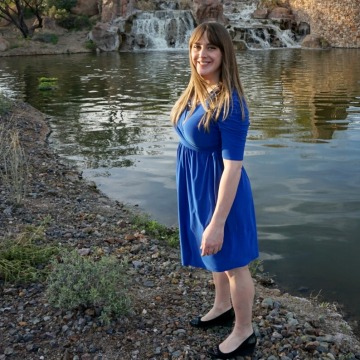
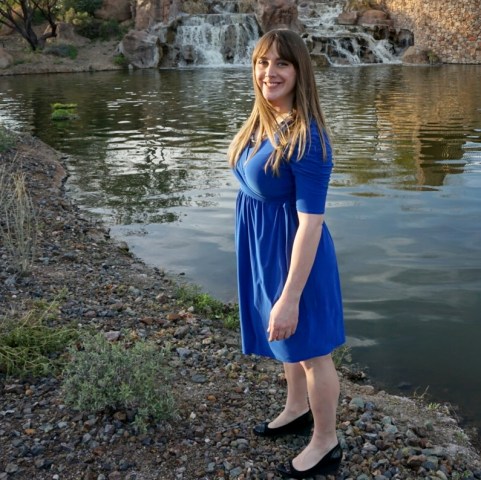
Brianna Westbrook, 32, is running as a Democrat in Arizona’s 8th Congressional District on a platform of women’s rights, environmentalism and education. Westbrook, who spent the past 11 years working in car sales, describes herself as “just a normal person.”
“I got sick and tired of waiting for change, waiting for a candidate that was going to stand up for the issues that were important for me and others,” Westrook told NBC Out. “Why not run and take care of the issues that need to be taken care of?”
Danielle Pellett, 36, is also running for U.S. Congress as a Democrat. She is looking to oust Rep. Pete Sessions in Texas’ 32nd Congressional District, which he has represented since 2002. Sessions, who serves as Chairman of the House Rules Committee, received widespread criticism for denying Pulse nightclub in Orlando, the scene of the deadliest mass shooting in recent U.S. history, was a gay club.
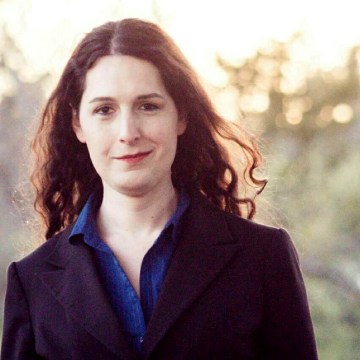
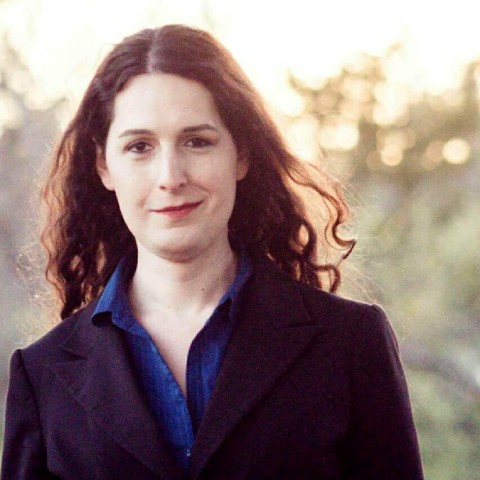
Pellett, who said she voted for George W. Bush, now refers to herself as an “ex-conservative.” She said she underwent a “political awaking” through the 2000s that culminated in support for Bernie Sanders, who helped her realized “you can wake people up.”
Accessing Support
It is difficult to win national office without institutional support. While Westbrook said she has received support from the LGBT Caucus within the Arizona Democratic Party, she finds the Democratic National Committee “very disappointing” for not investing more in historically red districts.
“The parties are going to be extremely cautious about spending their scarce resources, especially Democrats given their strategic position out of power,” Casey told NBC Out. “The Democrats and Republicans will likely let primary races play out and see then if a candidate makes it, and then the parties will think about supporting them.”
Transgender political candidates, according to Casey, are significantly more likely to be women — nearly 90 percent of trans candidates in the U.S. and internationally are women. This, too, can present additional obstacles for some candidates when seeking much-needed support.
While there are some training programs designated for female candidates, Pellett said it can be a challenge to access women’s leadership spaces as a trans woman.
“I’ve been hesitant to apply for any women’s candidate training groups. Do I count or not? Usually they say yes, but it always feels really awkward to ask,” she told NBC Out.
Like transgender candidates running for national office before them, notably Misty Snow of Utah and Misty Plowright of Colorado, Westbook and Pellett are in for tough races.
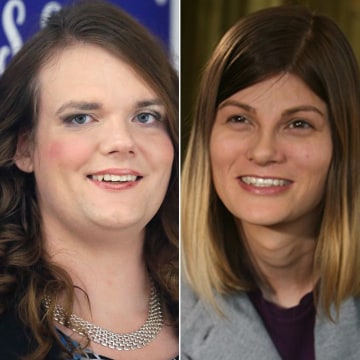
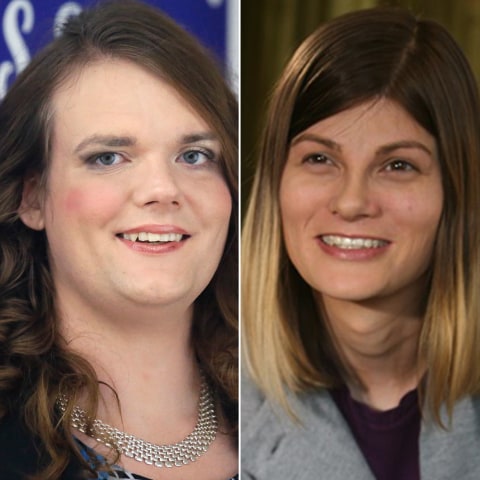
“This district … is very heavily Republican. It seems like the only way to come forward is in these red districts [that] nobody wants to do run in,” Westbrook said.
Casey agrees with Westbrook, saying transgender candidates tend to be either “serious contenders” or “total long shot candidates” in their districts.
Westbrook is up against eight-term Republican Trent Franks in her Arizona district, which covers many of the suburbs north and west of Phoenix.
“In this district, the Democratic Party hasn’t run a Democrat against Franks in two election cycles,” she said. “They see it as a waste of money … That’s not democracy.”
“A Trump Effect”
Westbrook said the presidency of Donald Trump, which is approaching its 100-day mark, has already had an impact on the competitiveness of Democratic candidates nationwide.
“If you look at Kansas, for example, District 4 almost flipped completely Democrat. I think they need to focus more energy in districts like mine, because I think we do have a chance of winning,” she said.
Pellett’s slogan, “Midterms are coming,” is intended to be both a hopeful and ominous reminder that elections come around quickly. “It’s a great way to get people to go vote and to put fear in the hearts of people who need to be voted out,” she explained.
Casey said there is already “a Trump effect in terms of people running for office,” and Pellett and Westbrook agree.
“I do think you are going to see more of the LGBT community coming forward, specifically the trans community, because we are lacking so many rights,” Westbrook said.
Related: Game On: Transgender Political Hopeful Reinvigorated by Trump
This effect, Casey noted, may be particularly apparent for transgender Americans because of the way trans identities have been politicized by the ongoing introduction of anti-transgender legislation since November.
“This falls into a pattern that the research talks about for other kinds of minority groups. When their identity is politicized in this way, that can have a mobilizing and politicizing effect on the average person,” Casey explained.
It’s “too soon to tell” if there will a Trump effect on electoral results, Casey said, adding that off-year elections tend to have lower turn out rates, which hurts non-incumbent candidates. However, he added that even simply running for office can produce “less tangible” effects, such as reducing stigma and increasing visibility to “put a face to that identity,” which can potentially lessen the popularity of policies that are considered discriminatory against transgender people.
These “less tangible” effects can also inspire other transgender candidates to throw their hats in the ring.
“After I heard about Misty and Misty, Pellett said, “I realized [running for office] is one of the best ways we can get a positive role model out there.”
Casey also noted this visibility will be “especially important when we think about trans youth.”
“Having visible leaders in the midst of this hostile climate, means there are adult trans people out there being their authentic selves and advocating for these kids.”
Julie Moreau is a Post Doctoral Research Fellow in the Department of Women’s, Gender and Sexuality Studies at Washington University in St. Louis. She tweets at @JEMoreau.
Follow NBC Out on Twitter, Facebook and Instagram